
Research and Publications
ILO's research and publications inform global policies and promote key insights and innovative solutions for the world of work.
Flagship reports
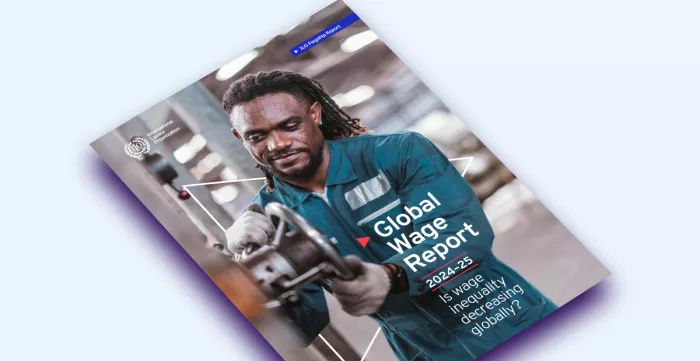
ILO Flagship report
Global Wage Report 2024-25: Is wage inequality decreasing globally?
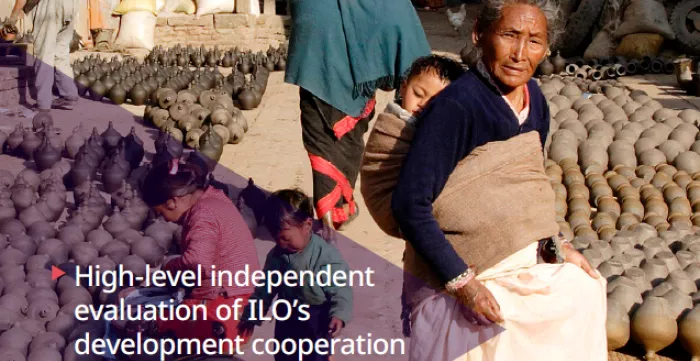
High-level independent evaluation
ILO's development cooperation strategy, 2020-25
Major publications

Discussion paper on the economics of forced labour
Acting against forced labour: An assessment of investment requirements and economic benefits
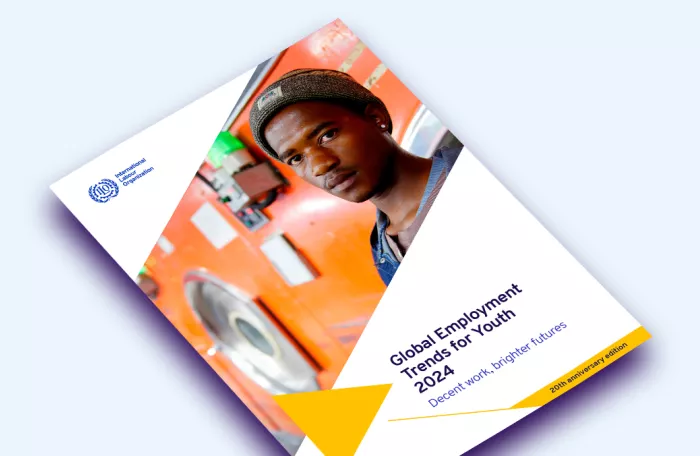
Decent work, brighter futures
Global Employment Trends for Youth 2024
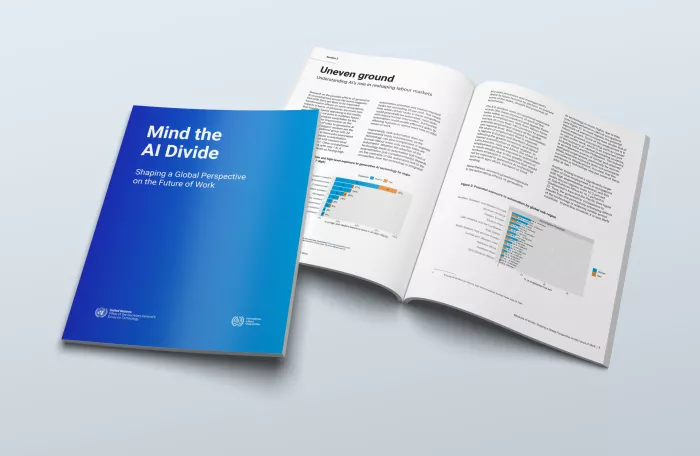
United Nations and International Labour Organization report
Mind the AI Divide: Shaping a Global Perspective on the Future of Work

APESO
Asia-Pacific Employment and Social Outlook 2024: Promoting decent work and social justice to manage ageing societies
Working papers
ILO Working Paper 131
A study on the employment and wage outcomes of persons living with a same-sex partner
ILO Working Paper 130
Sustainable industrial policies and strategies in the textiles and clothing sector: Lessons learned from Cambodia, Jordan and Viet Nam
ILO Working Paper 129
Industrial relations in micro and small enterprises: patterns, trends and prospects
Briefs
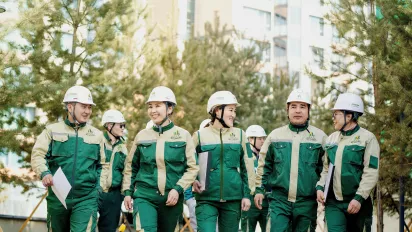
Research Brief
Social justice and women’s work in a post-conflict context: Understanding the role of women in social reproduction and its effect on their...

Research Brief
Navigating the future: Skills and jobs in the green and digital transitions

Issue Brief
Carbon markets and their implications for a just transition for all
Follow ILO Research and Publications
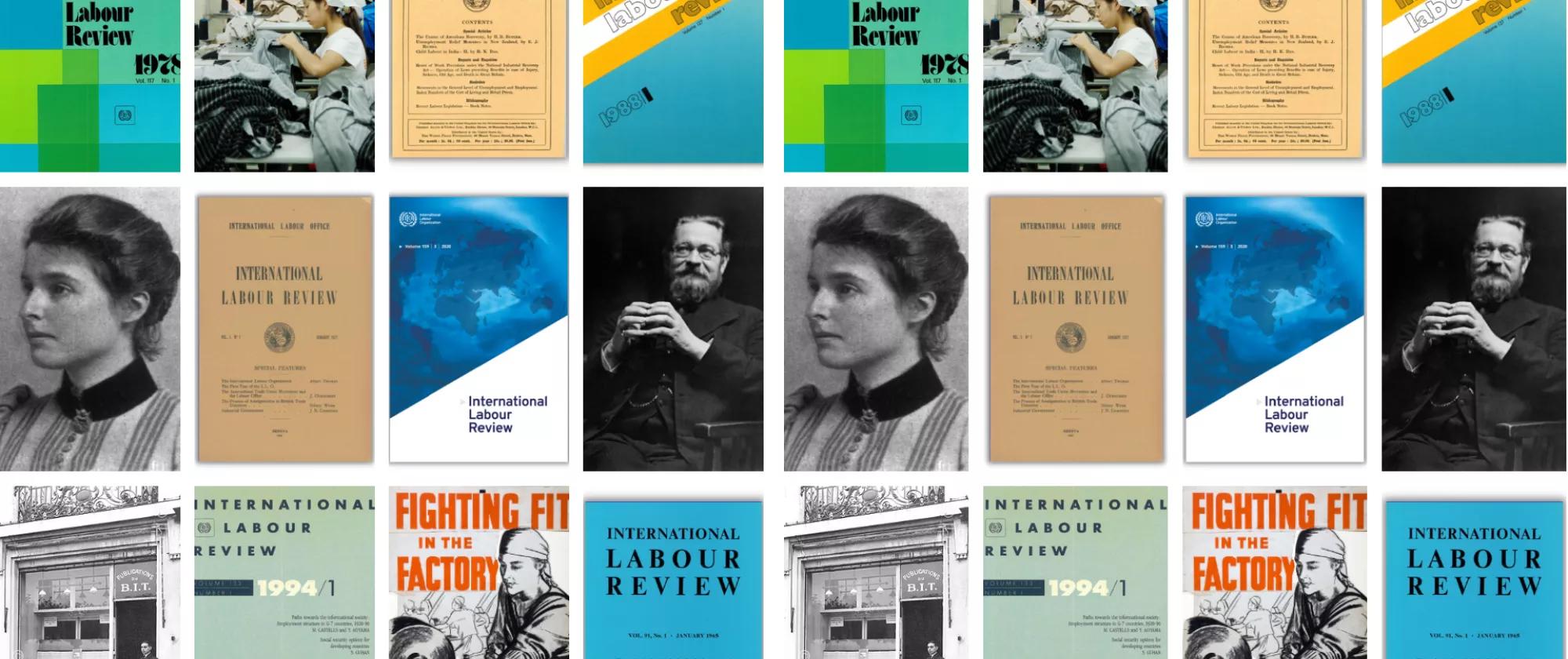
International Labour Review
The International Labour Review (ILR) is a peer-reviewed multidisciplinary journal of international scope in labour and employment studies. Established in 1921 by decision of the ILO Governing Body, it is published quarterly in English, French and Spanish and administered by the ILO Research Department.
Events and courses
Research Seminar
Allocation of female talent and cross-country productivity differences
Book Launch
Making and Breaking Gender Inequalities in Work

Labordoc: The global library of the world of work
Digital repository of ILO books, journal articles, reports, working papers on the world of work at your fingertips.
Order print copies of ILO publications
The ILO has a distribution partnership with The Stationery Office (TSO) in the UK. TSO handles all sales of ILO publications worldwide.
To purchase ILO publications, please place your order directly with TSO.
- Email address for orders: ILO@williamslea.com
- Email address for general queries: customer.service@tso.co.uk
- Telephone: +44 (0) 333 202 5070
To browse a selection of publications with price information, download our catalogue.
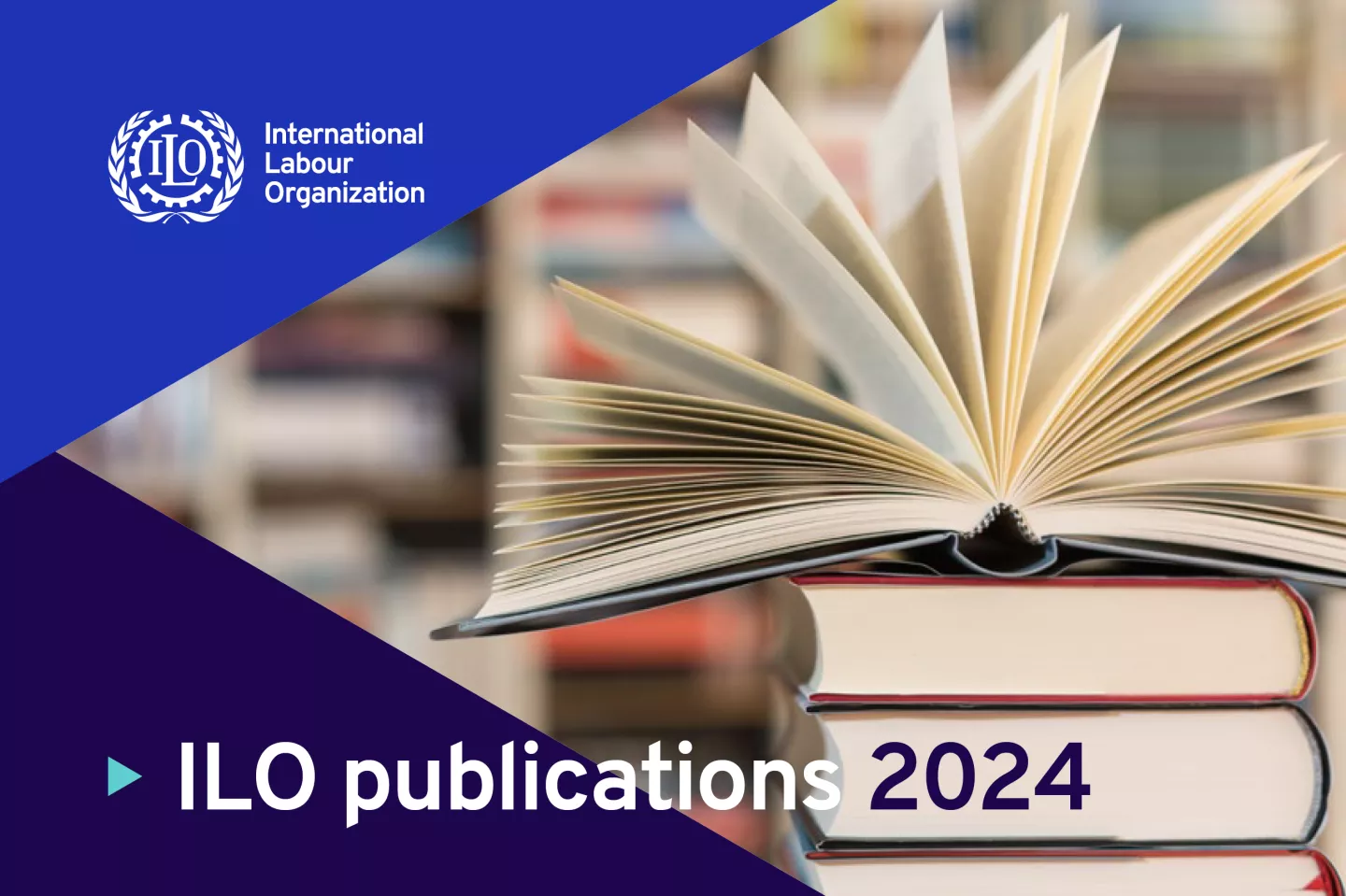
Get support
ILO Publications
For general questions about ILO Publications, please contact ilopubs@ilo.org.
ILO Library
The ILO Library offers an enquiry service to help you navigate and find information on the world of work.
- Advice on where to find ILO sources of information;
- Guidance on where to find national legislation or statistical data;
- Support on how to begin a topic search, or to fill in gaps in research that is already underway.
- Any ILO documents such as ILO Conventions, ILO flagship, working papers, special studies, articles, reports of the Governing Body and International Labour Conference.
Contact library@ilo.org for support.
Rights and Permissions
The ILO implemented an Open Access policy that makes the use of all its knowledge products easier.
All publications and knowledge products published on or after 3 May 2023 by the ILO or on its behalf are available for use or reuse without needing to request permission – as long as the ILO is cited as the source of material.
More information is available in Rights and Permissions.
Rights and permissions
The ILO implemented an Open Access policy that makes the use of all its knowledge products easier.
All publications and knowledge products published on or after 3 May 2023 by the ILO or on its behalf are available for use or reuse without needing to request permission – as long as the ILO is cited as the source of material.
More information is available in Rights and Permissions.
